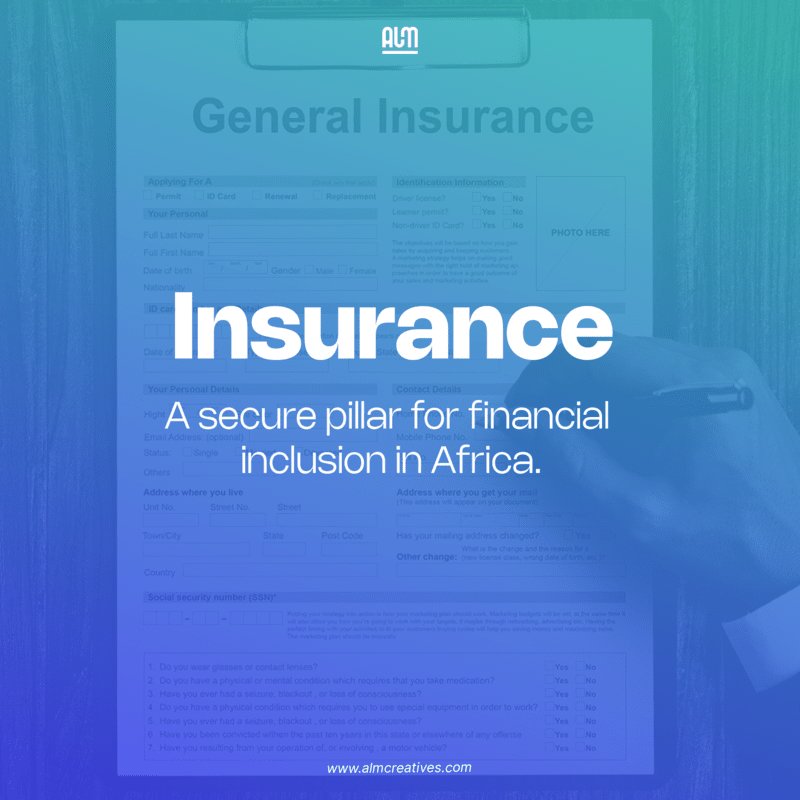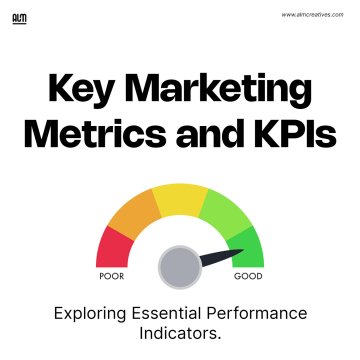Search
Insurance: A Secure Pillar for Financial Inclusion in Africa
Business and advices
In many African countries, a significant portion of the population is excluded from formal financial systems, and this exclusion can severely limit their ability to manage financial risks and seize economic opportunities. However, insurance has the power to play a crucial role in promoting financial inclusion and empowering individuals.
Insurance offerings have the potential to positively impact the lives of those who are financially vulnerable, enabling them to mitigate the effects of unexpected events and unforeseen circumstances. Yet, insurance remains an underserved sector within the continent's financial landscape, with a penetration rate of less than 3%, in stark contrast to the global average of 7%. These figures highlight the pressing need for greater awareness and understanding of insurance among the population.
Financial inclusion, which entails providing basic and affordable financial services such as insurance and banking to impoverished individuals, must be recognized as a pivotal solution in the fight against poverty in Africa. By elevating its importance, we can unlock its potential to drive positive change.
One of the key advantages of insurance in promoting financial inclusion is its ability to manage risks and shield individuals and businesses from financial losses. For instance, health insurance can grant low-income families access to vital healthcare services that would otherwise be beyond their means. Similarly, crop insurance can safeguard farmers against the economic repercussions of crop failure caused by adverse weather conditions or pest infestations.
Furthermore, insurance can facilitate financial inclusion by serving as collateral for loans, granting individuals and businesses access to credit that would otherwise be unattainable. Life insurance policies, for example, can be utilized as collateral to secure financing, providing a lifeline for those seeking funds.
Insurance also has the power to foster financial literacy and awareness by educating individuals and businesses about financial risks and the benefits of insurance coverage. By enhancing financial literacy and awareness, insurance companies can cultivate trust and confidence in financial services, which, in turn, supports the broader goal of financial inclusion.
Nevertheless, several challenges must be addressed to fully harness the potential of insurance in promoting financial inclusion in Africa. These challenges include limited access to financial services, low levels of financial literacy, lack of trust in financial institutions, and inadequate infrastructure. Overcoming these obstacles requires innovative approaches and collaboration among stakeholders, including governments, NGOs, and international organizations.
For instance, insurance companies can collaborate with governments to establish policies and regulations that facilitate the development of affordable insurance products. They can also forge partnerships with mobile network operators or utilize agent networks to reach customers in remote areas. Embracing technology, such as mobile-based insurance solutions and blockchain-based platforms, can further enhance distribution channels and increase accessibility.
In summary, insurance holds immense potential as a valuable tool for promoting financial inclusion in Africa by managing risks, providing collateral for loans, and driving financial literacy and awareness. However, unlocking this potential necessitates concerted efforts from a diverse range of stakeholders, united in their commitment to foster inclusive and sustainable financial systems.




